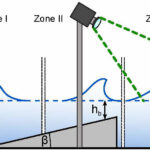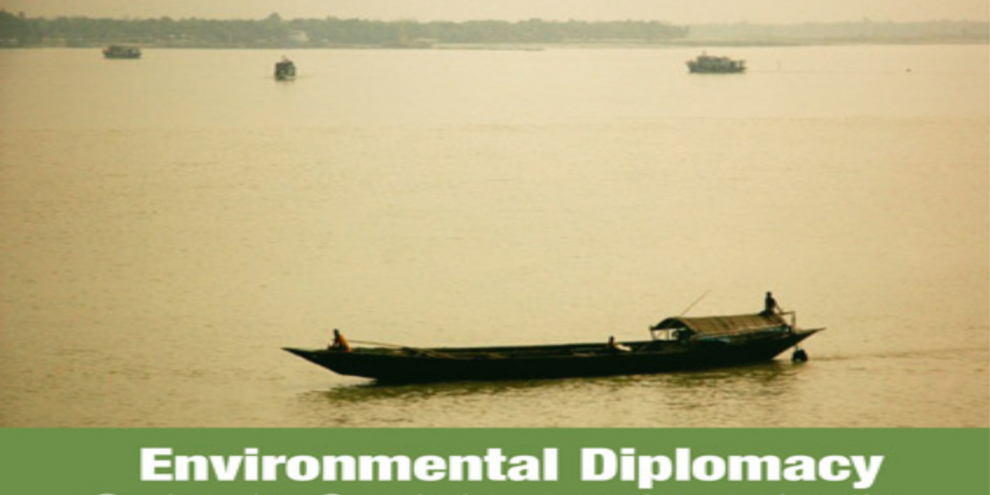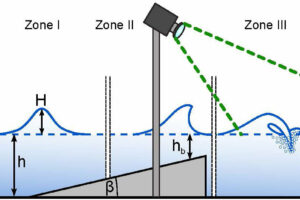IT’s about time the Department of Environment and Natural Resources (DENR) meets with the Masungi Georeserve Foundation Inc. (MGFI) to iron out their differences in relation to their 2017 memorandum of agreement (MoA).
Resorting to strong-arm tactics, such as the unilateral cancellation of the MoA is not the solution. Indeed, while the DENR has the authority to cancel any privilege it grants to any juridical person, this is never an absolute power. It is a power that can only be exercised for cause and after the contracted party is accorded due process. The DENR may be the principal steward of the environment and all its natural resources, but the 1987 Constitution, like any other constitution, has denied it the power to be the final authority on legal matters. It is the Supreme Court that is given the power to interpret the legality and constitutionality of actions and of agreements.
Besides, it is simply odd that the DENR would penalize MGFI that, on record, has performed its part of the contract well. It has protected the Masungi Georeserve, and has rehabilitated and reforested thousands of hectares of what used to be denuded lands. It has been so successful in its environmental protection work. It is recognized and awarded by international environmental bodies. The infirmities and flaws which DENR finds in the MoA should be dealt with not by the threat of cancellation, but through mature and fair negotiations.
The DENR faults MGFI for operating without clearance from the Indigenous peoples on the areas that are covered by the MoA that are also part of their ancestral domain. This is a failure that can be remedied, more so that DENR entered into the contract willingly in 2017, and as a matter of fact should have ensured that such requirement was met before the late former environment secretary Gina Lopez signed the agreement. There is no justice if the errors committed by DENR through its top officials, who were also most likely acting in good faith and without malice, governed only by the earnest desire to protect the environment, should now be a burden for those whom they have granted the duty to protect Masungi on the government’s behalf. Since it was the DENR which failed to practice due diligence and complete staff work, then it is just fair that it should enable a good faith remedy to the problem. That is the least it can do, instead of throwing under the bus its deceased former secretary.
The alleged constitutional infirmity of the MoA, particularly on the perpetual nature of the agreement, is an issue that ideally can be resolved by both parties mutually agreeing to seek declaratory relief from the court. The text of the MoA implies that the perpetual nature of the agreement is a mere intent, and not an unassailable privilege, more so that there can be found in the text conditions for its termination upon final judgment of the court. More importantly, jointly seeking clarification from the court can enrich jurisprudence, and could even pave the way for a more innovative way of granting privileges to private parties who are more concerned with protecting the environment, instead of engaging in extractive activities.
It should be noted that the Constitution has imposed limitations on access rights amounting to 25 years renewable for another 25 years, but it only enumerated activities that are extractive in character. Its silence on environmental protection activities provides an opening for a more innovative access right to parties solely interested in environmental protection.
This can further provide an opening to establish a new environmental governance and management principle that has long been absent in the Philippines. What prevails right now is the practice of making protection as derivative only from extractive activities. Mining agreements are granted, with the condition that recipients of access rights would rehabilitate mined-out sites. Organized communities are granted rights to engage in agroforestry, with the condition that they would protect the landscape. We do not have access instruments that allow a private individual or juridical person to be solely engaged in protection activities.
The only reasonable way to move forward is to revisit the MoA, and correct its infirmities. Since the DENR is the one that finds problems with it, it is but rational and fair for it to provide MGFI guidance on the parameters that should be embodied in the revised MoA. Questions on profit sharing must be addressed, but in the context of the fact, which is barely known to many, that the income-generating ecotourism activity of MGFI occurs in Lot 10 which was originally covered by a different agreement. There is reason to treat this endeavor as a separate subject, and for which a special agreement in protected areas can be employed. However, the larger area covered by the MoA which is under protection needs to be covered by a different agreement.
A solution to the problem can only be reached by dialogue and partnership among stakeholders, which is precisely what is provided for in Section 2 of Republic Act (RA)11038, which amends Section 2 of RA 7586, the law which established the National Integrated Protected Areas System in the country. DENR is, in fact, tasked to be the mediator of all conflicts in relation to the environment and natural resources. It cannot allow itself to become a party to the conflict, which is what is happening now in the Masungi Georeserve, where it appears that it has taken an adversarial stance toward MGFI, with it even refusing to grant an audience to the management of the foundation.
The options to be innovative and creative in protecting our environment are limitless, if only those who are tasked to manage them are not stuck in their inherent biases, and do not succumb to political and profit-seeking pressures. The DENR, and the local governments concerned, must allow for negotiations to usher in these possibilities. They do not have to wait for some concerned groups to run to the court and file a petition for the privileges of the writ of kalikasan to compel them.
Source : Manila Times











Add Comment